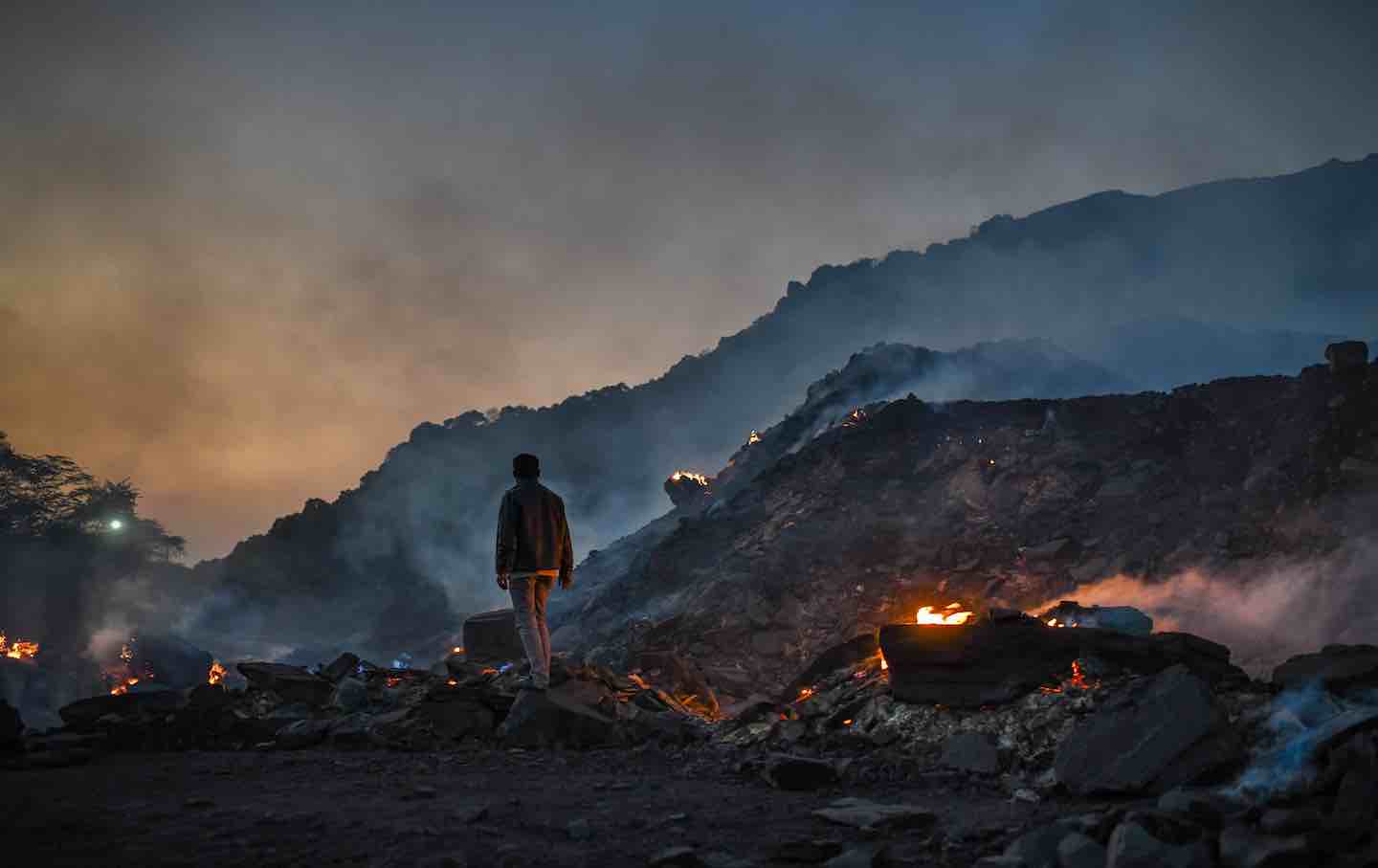
"The idea is simple: Human society once ran exclusively on photosynthetic sources of energy such as wood and animal power; then the Industrial Revolution brought about a transition to fossil fuel energy in the form of coal, which was later replaced by oil. The fossil fuel economy has become untenable on a planetary scale, so we must now bring about another transition, to renewable energy, through a huge project of innovation (facilitated by a heretofore unseen level of collaboration between the public and private sectors)."
"To put it bluntly: "After two centuries of 'energy transitions,' humanity has never burned so much oil and gas, so much coal and so much wood. Today around 2 billion cubic metres of wood are felled each year to be burned, three times more than a century ago." Instead, Fressoz's coruscating history looks to explain "why all primary energies have grown together and why they have accumulated without replacing each other.""
Thousands of experts across universities, labs, corporate research, think tanks, and intergovernmental organizations devote billions of dollars and millions of hours to the problem labeled the energy transition. The conventional narrative holds that society shifted from photosynthetic energy to coal and then to oil, and that a transition to renewables is now required. Historical evidence shows that primary energy sources have tended to grow together rather than replace each other, with global consumption of wood, coal, oil, and gas all rising. Wood consumption remains high. The fossil fuel economy is described as planetary untenable, and current assessments warn that efforts may not suffice and society faces serious trouble.
Read at The Nation
Unable to calculate read time
Collection
[
|
...
]